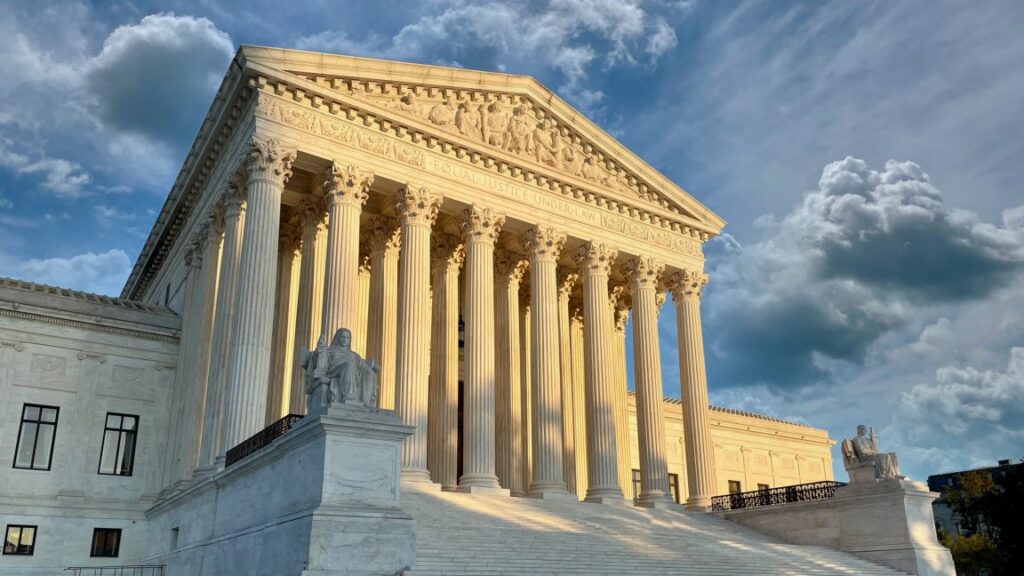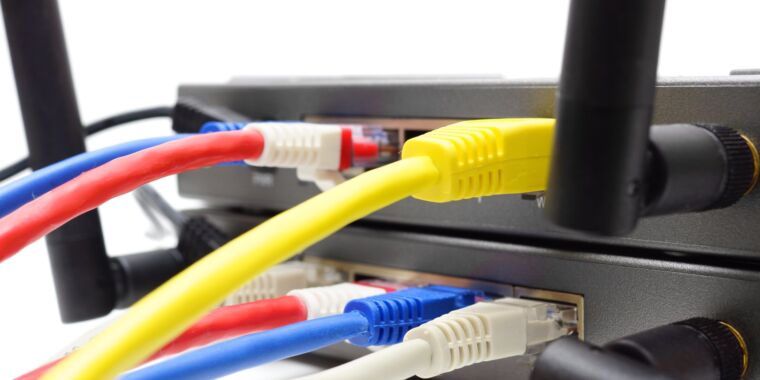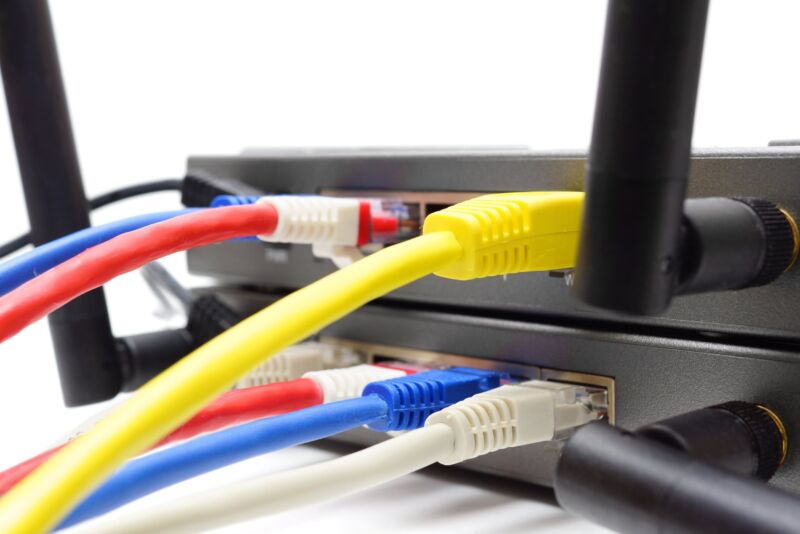Supreme Court overturns 5th Circuit ruling that upended Universal Service Fund
Finally, the Consumers’ Research position produces absurd results, divorced from any reasonable understanding of constitutional values. Under its view, a revenue-raising statute containing non-numeric, qualitative standards can never pass muster, no matter how tight the constraints they impose. But a revenue-raising statute with a numeric limit will always pass muster, even if it effectively leaves an agency with boundless power. In precluding the former and approving the latter, the Consumers’ Research approach does nothing to vindicate the nondelegation doctrine or the separation of powers.
The Gorsuch dissent said the “combination” question isn’t the deciding factor. He said the only question that needs to be answered is whether Congress violated the Constitution by delegating the power to tax to the FCC.
“As I see it, this case begins and ends with the first question. Section 254 [of the Communications Act] impermissibly delegates Congress’s taxing power to the FCC, and knowing that is enough to know the Fifth Circuit’s judgment should be affirmed,” Gorsuch said.
“Green light” for FCC to support Internet access
In the Gorsuch view, it doesn’t matter whether the FCC exceeded its authority by delegating Universal Service management to a private administrative company. “As far as I can tell, and as far as petitioners have informed us, this Court has never approved legislation allowing an executive agency to tax domestically unless Congress itself has prescribed the tax rate,” Gorsuch wrote.
The FCC and Department of Justice asked the Supreme Court to reverse the 5th Circuit decision. The court also received a challenge from broadband-focused advocacy groups and several lobby groups representing ISPs.
“Today is a great day,” said Andrew Jay Schwartzman, counsel for the Benton Institute for Broadband & Society; the National Digital Inclusion Alliance; and the Center for Media Justice. “We will need some time to sort through the details of today’s decision, but what matters most is that the Supreme Court has given the green light to the FCC to continue to support Internet access to the tens of millions of Americans and the thousands of schools, libraries and rural hospitals that rely on the Universal Service Fund.”
FCC Chairman Brendan Carr praised the ruling but said he plans to make changes to Universal Service. “I am glad to see the court’s decision today and welcome it as an opportunity to turn the FCC’s focus towards the types of reforms necessary to ensure that all Americans have a fair shot at next-generation connectivity,” Carr said.
Supreme Court overturns 5th Circuit ruling that upended Universal Service Fund Read More »





